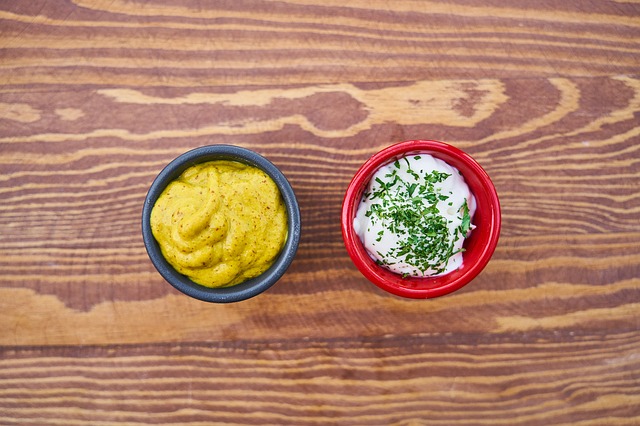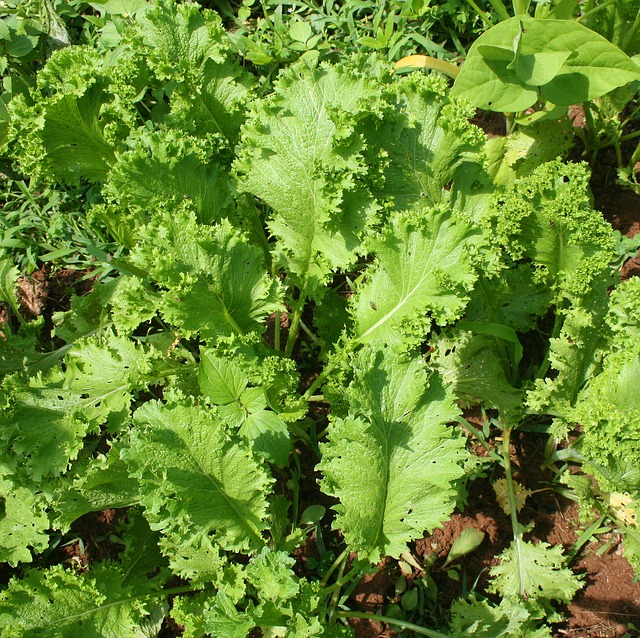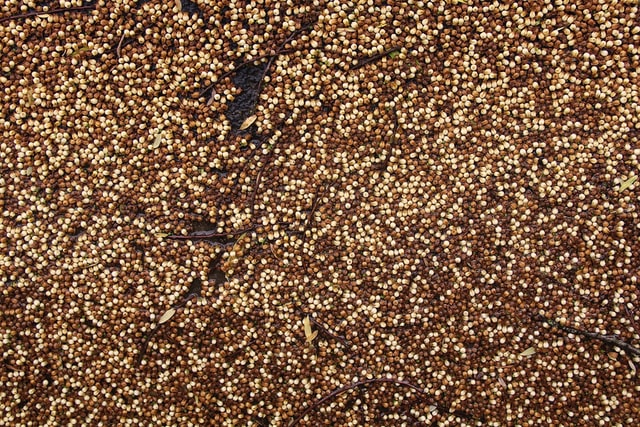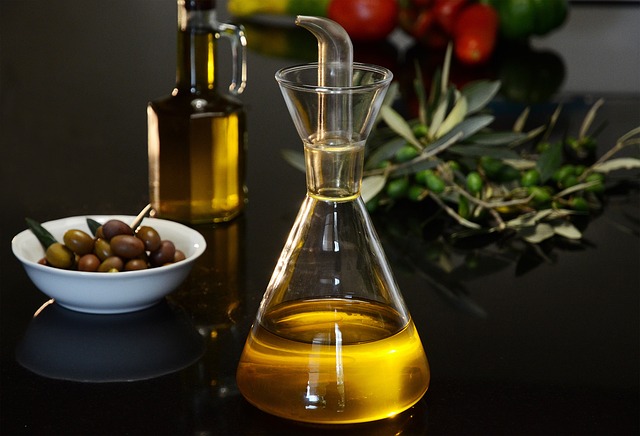What is Chinese Mustard – Can I make it at Home?
If you like to order Chinese food from time to time, you’re already familiar with the tasty and slightly spicy condiment called Chinese mustard. Also known as brown mustard, Indian mustard, leaf mustard or Oriental mustard, this unique species is actually related to other mustards like the ubiquitous yellow mustard. They’re all part of the Cruciferae family.
Chinese mustard, though, is much more intensely flavorful and spicy, and that’s because the brown mustard seeds are not toned down with other ingredients. Producers smooth out regular Dijon mustard, containing brown mustard seeds, with vinegar or verjuice and other spices. Chinese mustard might only include mustard seeds, water and a splash of rice vinegar, and not much else.
This makes Chinese mustard amongst the most thrilling condiments on the Chinese table, and it’s compatible with other cuisines, too. If you like spicy and hot, then Chinese mustard is for you.
Although you’ll find Chinese mustard grown in Europe, Africa, North America and Asia, most experts believe the plant is native to Eastern India, the Caucasus and China. And let’s not forget about mustard greens; the plant’s leaves are pretty popular too, especially in salads! Here’s all you need to know about Chinese mustard.
What is in Chinese Hot Mustard?

Traditional mustard experts make Chinese hot mustard with brown mustard seeds, water, vinegar, sometimes starch, and other flavorings like turmeric. Although the Chinese mustard is an edible plant, and we can use it all in the kitchen, when we talk about Chinese hot mustard, we’re talking about the ground mustard seeds turned into a condiment
.
The resulting paste is much spicier than yellow mustard, making it compatible with the flavorful stir-fries and hot pots in the Chinese repertoire. It’s also widely used in North African specialties and Indian cuisines.
Known as Brassica Juncea or just B. Juncea, Chinese mustard is one of those condiments you either love or hate. It’s not shy, that’s for sure, and that’s what makes it so unique — a little goes a long way.
If you were to describe Chinese hot mustard to someone who has never experienced it, you could say it has a similar aroma and taste to yellow mustard, but it’s a spicy sauce as well and can be pretty piquant. Of course, this is one of those condiments you must taste to understand, and you’ll surely love it!
Chinese Mustard Health Benefits

Nutritionally, Chinese mustard leaves have a similar nutritional profile to other cruciferous plants, including broccoli, spinach or kale. They’re exceptionally low in carbohydrates and high in essential minerals and vitamins.
Mustard seeds have a distinct composition. They’re also low in calories, but they’re rich in iron, calcium, selenium and phosphorus, all minerals that your body can produce independently.
Health-wise, adding Chinese mustard to your diet will provide an extra serving of antioxidants, which helps you lower inflammation levels while keeping your circulatory system healthy. The most important antioxidants in mustard are carotenoids, isorhamnetin and kaempferol, which, although hard to pronounce, will keep your heart healthy.
Historically, mustard seeds have served traditional medicine purposes. Now, modern medicine has shown that the seeds might protect against certain types of cancer, low blood sugar levels, and protect against psoriasis (red itchy skin). It can also help treat mild infections.
How to Cook with Chinese Mustard
Mustard leaves are easy to add to your diet. Slightly peppery, they can become the star in any tossed salad, or you can add them to any stew for added color, texture and nutrition.
Mustard seeds are harder to incorporate into your cooking. They’re incredibly intense and spicy. Use in moderation and always add them to your cooking as a prepared condiment. You can make your own by grinding the seeds and mixing them with water and rice vinegar. Store-bought Chinese hot mustard is fantastic, too.
Chinese mustard condiment is beautifully compatible with grilled meat and roasted white meat, including poultry and pork. Stir-fries can benefit from a dash of the spicy seasoning, and if unsure, you can always serve it table-side for your guests to add it to their taste and preferences.
There’s no doubt Chinese mustard is as famous as other common western mustards, including the mild yellow mustard and the fancy Dijon. Chinese mustard is the spicier version of the condiment, and it can profoundly change the personality of a meal. For a wonderful addition of spices and mustard aromatic, you can’t go wrong with Chinese mustard. Make your own or buy it from a reputable spice and herb retailer, but try this Chinese specialty. You and your loved ones will fall for it.
Sources:
- healthbenefitstimes.com/health-benefits-of-mustard-greens/
- thespruceeats.com/about-chinese-hot-mustard-695079
- authorityhealthmag.com/chinese-mustard/
- en.wikipedia.org/wiki/Brassica_juncea




